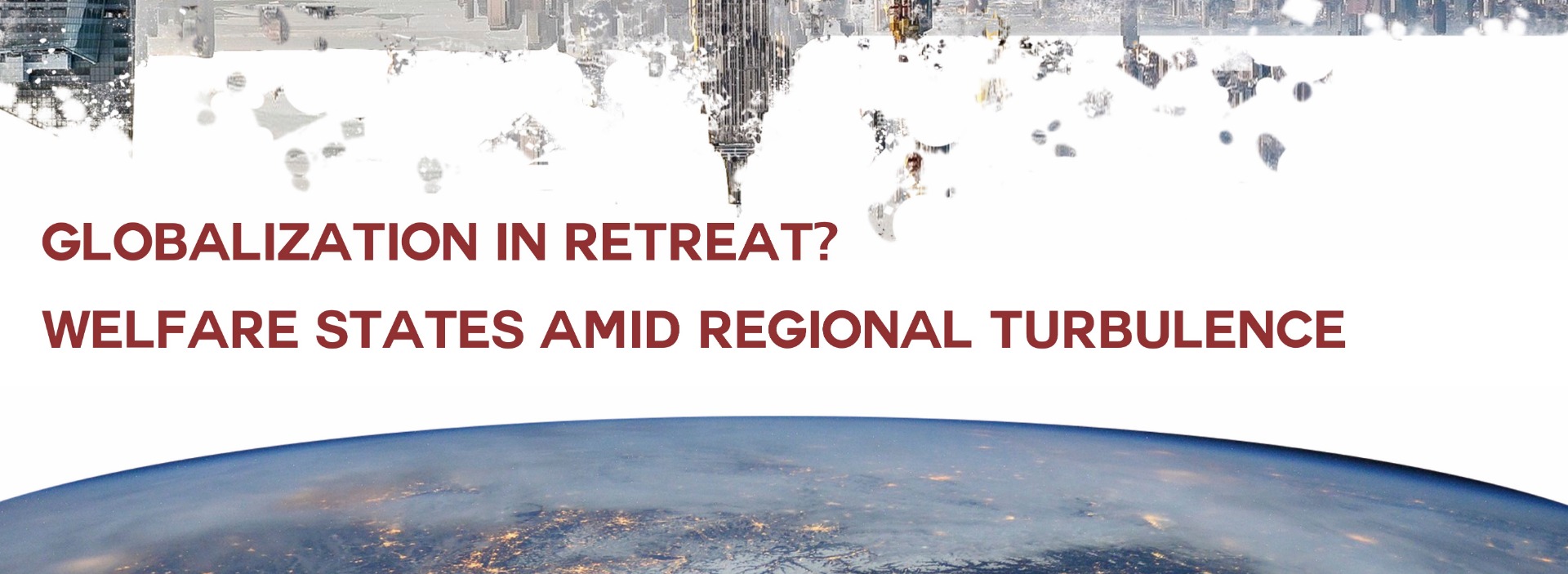
Global Social Policy in the Post-Pandemic Global Economic Order
Covid 19, pneumonic virus which began to spread from Wuhan, China to world in January 2020 through person-to-person infection. It claimed more than 324,000 lives all over the world by the time of 20 May, 2020. After soaring infection cases were recorded in Korea in February 2020, the disease went Europe and the US in March 2020, which forced the WHO to declare a global pandemic of Covid 19. It was a great shock to witness that countries like Great Britain, and the US as well as Italy, where the public health systems are believed to be well run, could not fight off the virus effectively, leaving thousands and thousands people to die from the disease, many of them being the elderly, poor and ethnic minority. In contrast, South Korea, Singapore, and Taiwan as well as Germany dealt with the pandemic with effective public health systems.
While public health care will be foremost policy challenges for coming months, there will be enduring economic and social impacts in the post pandemic world. The lock-down policies which were deployed in many countries to stop the virus spreading will be likely to cause a great global economic recession. In particular, it will have more severe impacts on social and economic development in developing countries than developed nations. This paper will discuss ways in which global social policy should respond to challenges in post pandemic global economic order. Before exploring feasible options for global social policy, I will discuss the underlying global economic and social tensions which will shape global economic and social dynamics in post-pandemic world. It is necessary because emerging global political and economic dynamics will set the context of global social policy for developing countries. In examining global economic and social dynamics, this paper will see impact of Covid 19 as one of mediating factors rather than a primary causal variable. Based on such assumption, this paper will start with increasing domestic inequality and international uneven growth as main causal factors, which were outcomes of deepening globalization since the 1990s. The paper will argue that major countries will put their national interest first to respond domestic economic need and social demand, which will then bring a great tension in global political and economic order.
The paper will then discuss three dimensions of global social policy challenges in the post-pandemic world in relation to developing countries. First, this paper will discuss possible options for global social policy to support developing countries to fight on-going spread of virus as public health care threat. Secondly, I will discuss how to respond economic recessions and subsequent labour market implications in developing countries. caused by the lockdown policies Thirdly, the paper will discuss how countries in Global North should play their roles in supporting social and economic development in Global South. The paper will argue that global social policy should aim at building national public institutions of developing countries so that developing countries can have capacities to deal with challenges such as global pandemic. I will also argue that global community should exercise a great effort to reform multilateral institutions to meet global economic and social challenges.


